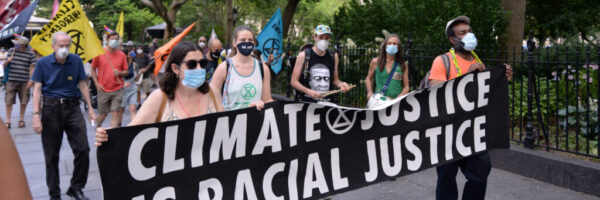
EPA announces $100 million in historic funding for environmental justice
By Shannon Kelleher
The United States is allocating about $100 million in grant funding to aid communities struggling with polluted air, unsafe drinking water, and climate change impacts in a move that marks the Environmental Protection Agency (EPA)’s largest-ever investment in environmental justice.

EPA unveils new proposed air pollution standard; some say it falls short
By Carey Gillam
US officials said Friday that they are moving to strengthen a key air quality standard, acknowledging a wealth of scientific evidence that demonstrates the dire health dangers posed by air pollution – and the lack of adequate protection provided by current US standards.

Postcard from California: Big Oil’s campaign to kill drilling ban near homes and schools
By Bill Walker
In September, California Gov. Gavin Newsom signed a landmark bill banning new oil and gas wells within 3,200 feet – about two-thirds of a mile – of homes, schools, day care centers, healthcare facilities, parks, and businesses open to the public. The measure also banned “reworking” old, unproductive wells lying within the buffer zones.
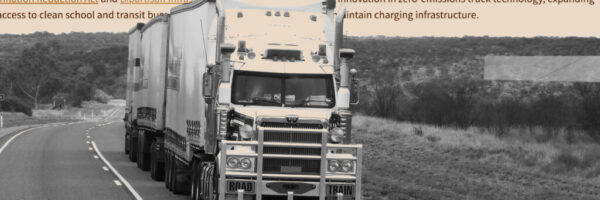
Updated clean air standards to cut smog-forming truck emissions
by Shannon Kelleher
This week, the Environmental Protection Agency (EPA) updated its clean air standards for heavy-duty vehicles for the first time in more than 20 years.

Antarctic conservation strategies are “insufficient” to protect the bulk of species, study says
Current conservation efforts under the provisions of a major international treaty to protect the Antarctic are “insufficient” to halt population declines of most Antarctic life, according to a new study. However, scientists note that there are low-cost strategies that could more effectively protect the continent.

3M sees “writing on the wall,” says it will stop making PFAS
by Shannon Kelleher
The company 3M, which makes over 60,000 products, said Tuesday it will stop manufacturing toxic PFAS “forever chemicals” and work to discontinue use of PFAS in its products by the end of 2025.
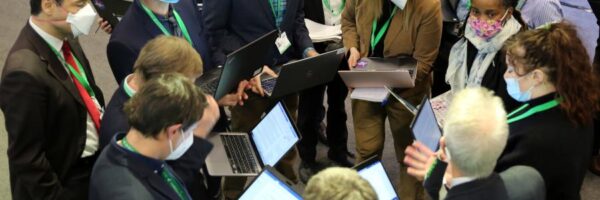
After two tense weeks, world awaits COP15 plan to save Earth’s species
The clock is ticking in Montreal, Canada as representatives from over 190 countries wrap up two tense weeks of negotiations over a framework to reverse Earth’s extinction crisis. The United Nations meeting, known as COP15, is set to conclude Monday.
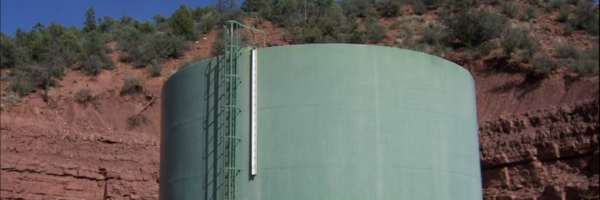
EPA fails to adequately test tribal drinking water systems for PFAS, study finds
US tribal public water systems receive proportionately less federal testing for harmful “forever chemicals” than other drinking water systems, according to a new study published Wednesday in the journal Environmental Health Perspectives.
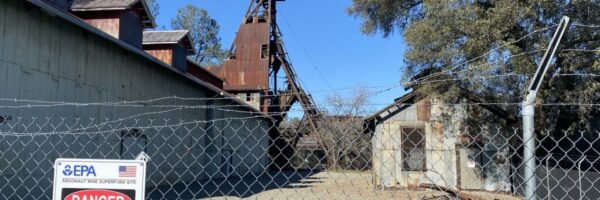
Climate change brings new urgency to threats posed by abandoned California gold mines
By Leah Campbell
On the western slopes of the Sierra Nevada mountain range in California sits the small town of Nevada City, a historic Gold Rush community where prospectors once mined for riches in the creek that ran alongside town. Today, it’s a popular tourist destination known for its easy access to the picturesque Yuba River and the region’s famed ski resorts.

Arsenic-laden drinking water drives antibiotic resistance, study says
Exposure to arsenic through drinking water has long been recognized as a serious risk to human health. This month, two studies underscore the extent of the ongoing threat, presenting fresh evidence regarding how arsenic exposure contributes to antibiotic resistance, and how the overall health risks are disproportionately borne by Hispanic and American Indian communities.